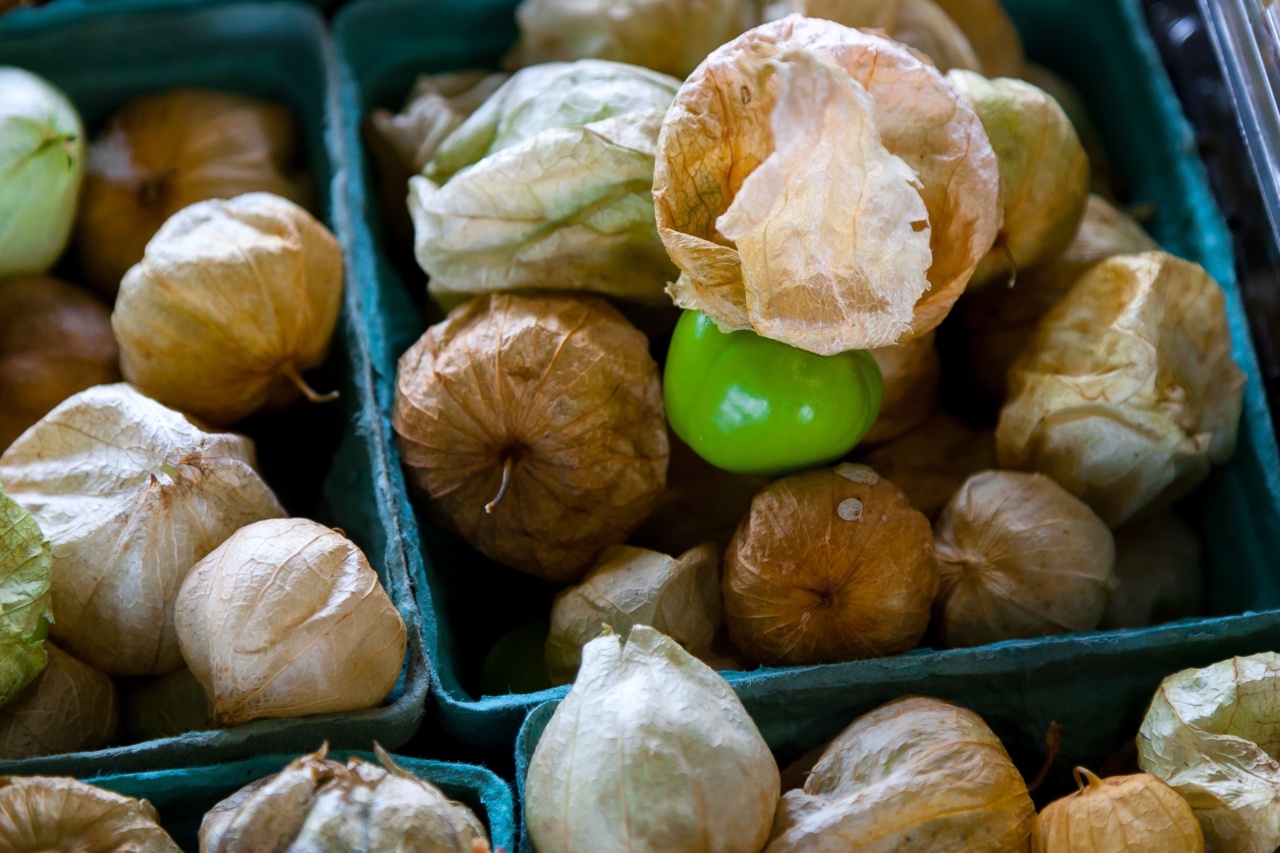Dried fruits are a delectable way to add nutrition and flavor to meals, snacks, and desserts.
Not only are they energy-dense, but they are also packed with vital vitamins, minerals, and antioxidants that can help your body ward off disease and maintain good health.
What Are Dried Fruits?
Dried fruits are fruits that have had the water removed from them. This process involves leaving the fruit out until the moisture evaporates or using a dehydrator to speed up the process gradually.
The drying process concentrates the nutrient content of the fruit, so a handful of dried fruits contain the same amount of nutrition as a full serving of fresh fruit. The most commonly dried fruits include raisins, apricots, cranberries, cherries, figs, prunes, and dates.
Better Digestion
Dried fruits are high in fiber, which can help your digestive tract run more smoothly. Fibers help to stimulate bowel movement, prevent constipation, and reduce inflammation in the gut.
Additionally, dried fruits are rich in prebiotics – undigestible fibers that feed the friendly bacteria in your gut. These bacteria play a key role in preventing infections and diseases and supporting your overall health. A handful of dried figs or apricots can be a tasty way to get more fiber into your diet.
Lower Cholesterol Levels
Dried fruits have been found to help lower cholesterol levels, which might be beneficial for heart health.
Researchers reviewed the effects of adding various dried fruits to a diet rich in fats and found that the participants who consumed dried prunes had a reduction rate of LDL cholesterol by 30%. LDL cholesterol is the “bad” cholesterol that can build up in the arteries, leading to heart disease. Dried apricots, dates, and raisins have also been associated with reduced LDL cholesterol levels.
These fruits can be an excellent, natural way to maintain healthy cholesterol levels in conjunction with a balanced diet.
Increase Energy Levels
Dried fruits, such as raisins, are a preferred source of carbohydrates for athletes. Carbs provide a quick burst of energy, and dried fruits offer a concentrated source of natural glucose, the sugar that fuels your brain and improves your energy levels.
They also contain essential minerals like iron, magnesium, and potassium that support the body’s metabolic and energy-producing processes. Dried fruits are a perfect on-the-go snack for a boost of energy without the jitters that come with processed sugars.
Vitamins & Minerals for Overall Health
Dried fruits are rich in vitamins A, C, E, and K, as well as potassium, magnesium, and phosphorus. These minerals help nerve and muscle function and support blood, bone, and heart health.
Additionally, dried fruits are packed with antioxidants – vitamins that protect the body against damage from harmful free radicals that can cause cancer, heart disease, and other illnesses. Consuming a variety of dried fruits along with other plant-based whole foods can ensure that your body receives the necessary vitamins, minerals, and antioxidants to function properly and remain healthy.
Longer Shelf Life
Dried fruits have a longer shelf life than fresh fruits, so they can be kept at room temperature in a dry area for up to six months.
This longevity makes them a convenient pantry staple for making healthy snacks on the go or adding a bit of sweetness to meals. It also means reducing food waste since they don’t spoil quickly. By including dried fruits in your diet regularly, you can keep a consistent source of nutrition in your pantry.
Healthy Food Vs. Unhealthy Snack
Dried fruits may taste sweet, but they are a natural and wholesome option for satisfying your sugar craving. Compared to candies and baked goods with refined sugars, which have little to no nutritional value, dried fruits are fibers and nutritious.
However, like all foods, moderation is key when incorporating them into a balanced diet. Pay attention to serving sizes and read nutrition labels to avoid added sugars or preservatives.
Easy Ways to Include Dried Fruits in Your Diet
Dried fruits are extremely versatile and can be included in numerous snacks, meals, and desserts. A few examples include:.
- Adding a handful of chopped dates to smoothies or oatmeal
- Sprinkling dried cranberries over salads or roasted vegetables
- Mixing dried raisins or apricots into trail mixes with nuts and seeds for a snack on the go
- Stuffing dried figs with almond butter or goat cheese for an appetizer
- Combining the dried fruits with grains like quinoa, rice, and couscous, enhancing the depth of flavor and nutrition in the meal
In Conclusion
Dried fruits are a healthy and delicious way to incorporate a wide range of vitamins, minerals, and fibers into your diet for improved digestion, heart health, energy, and overall well-being.
They provide a quick snack or can be used in numerous recipes and meal ideas, which make them an excellent addition to your pantry and diet. With so many beautiful options, there is a dried fruit for everyone’s palate. Enjoy these healthy snacks in moderation as part of your balanced diet plan.



























